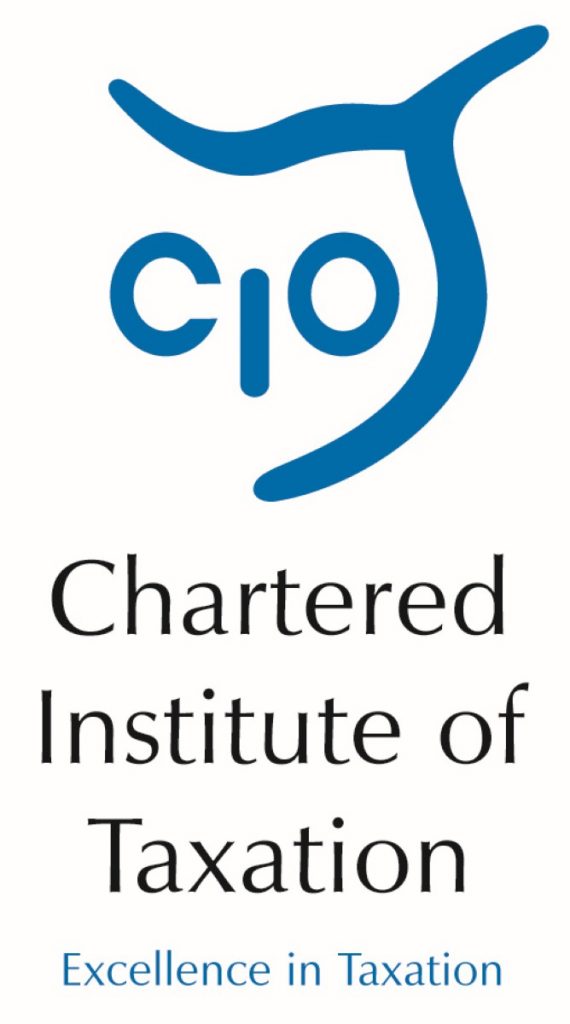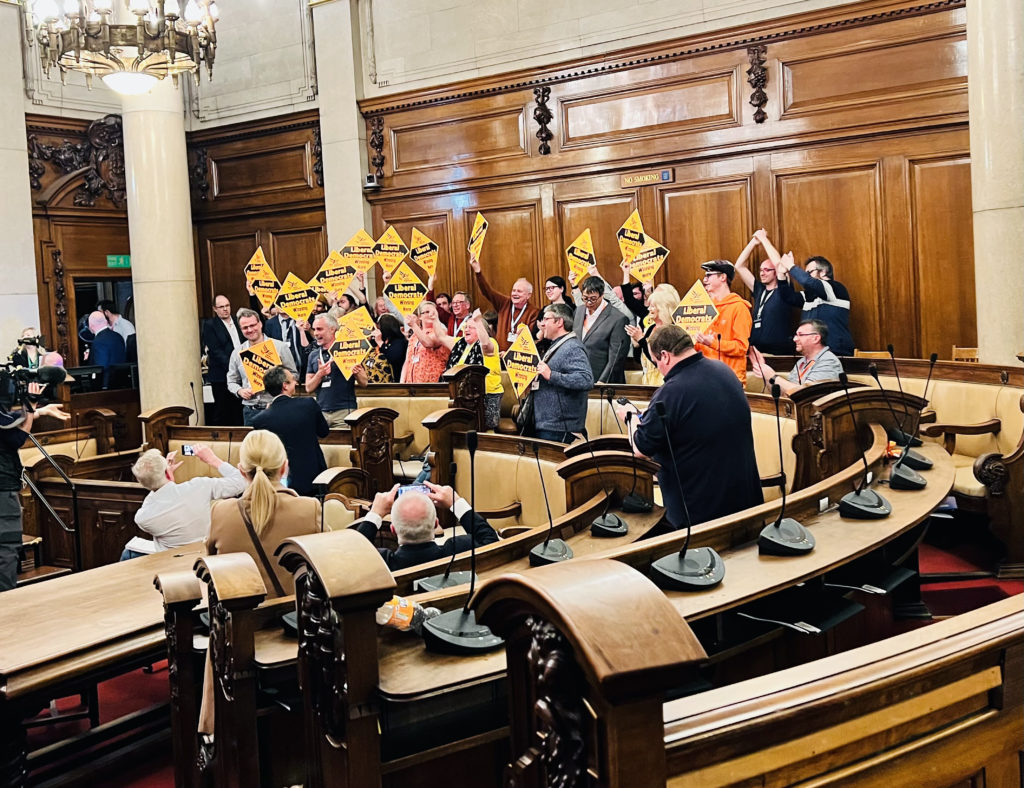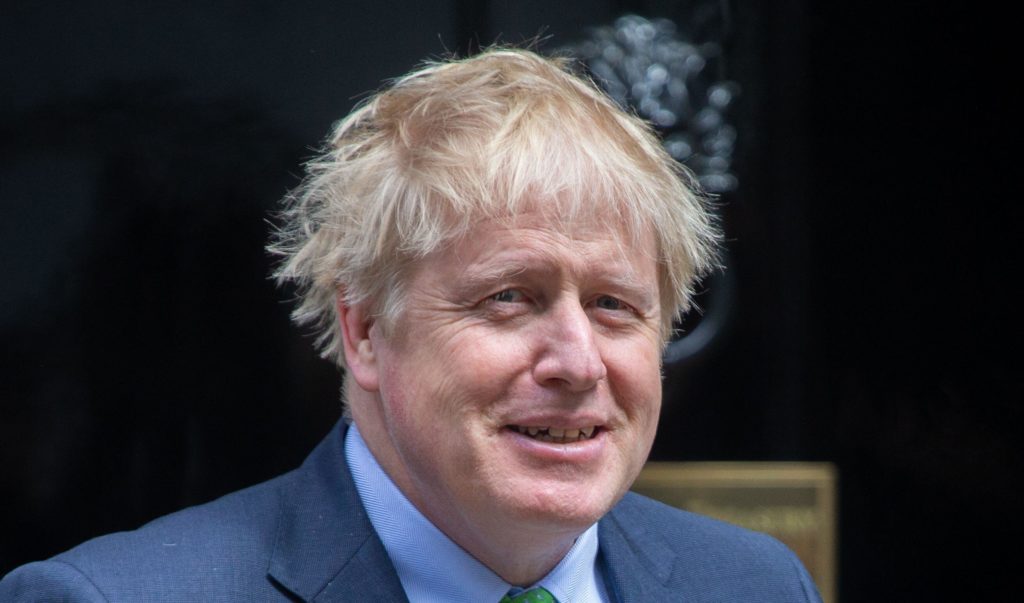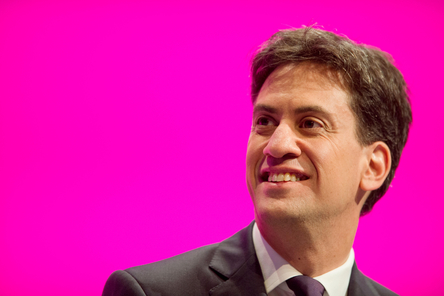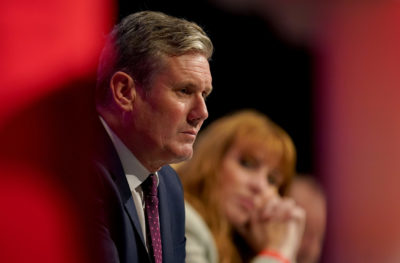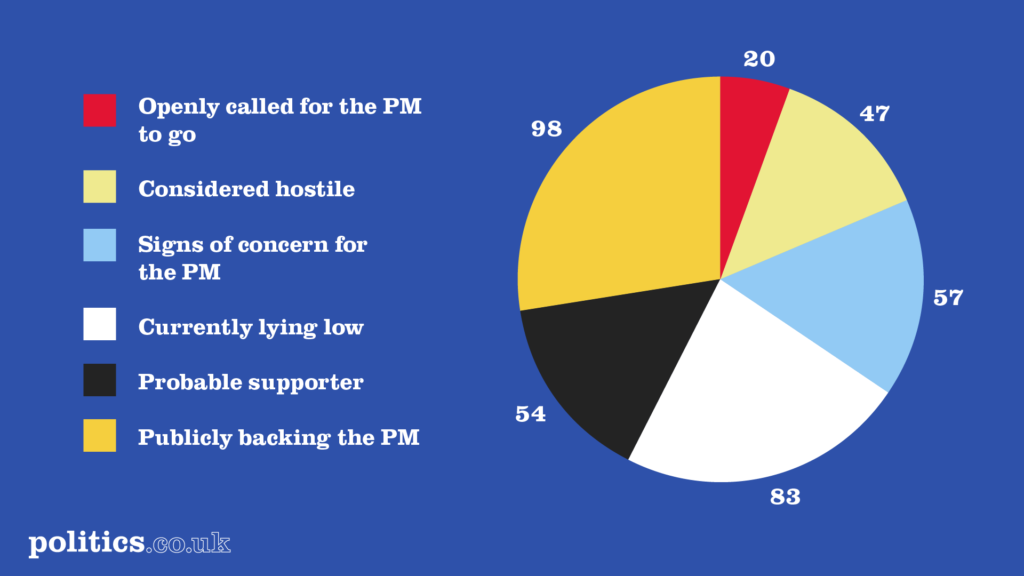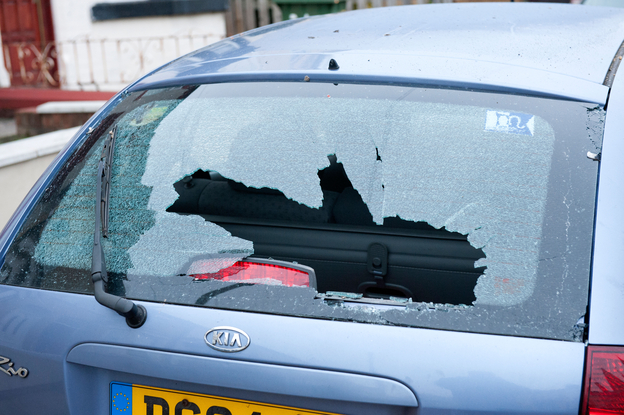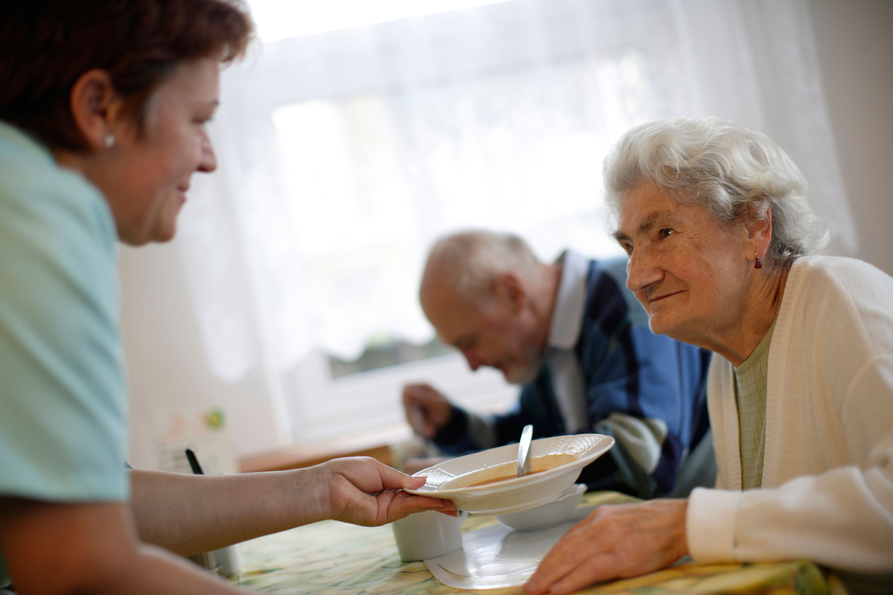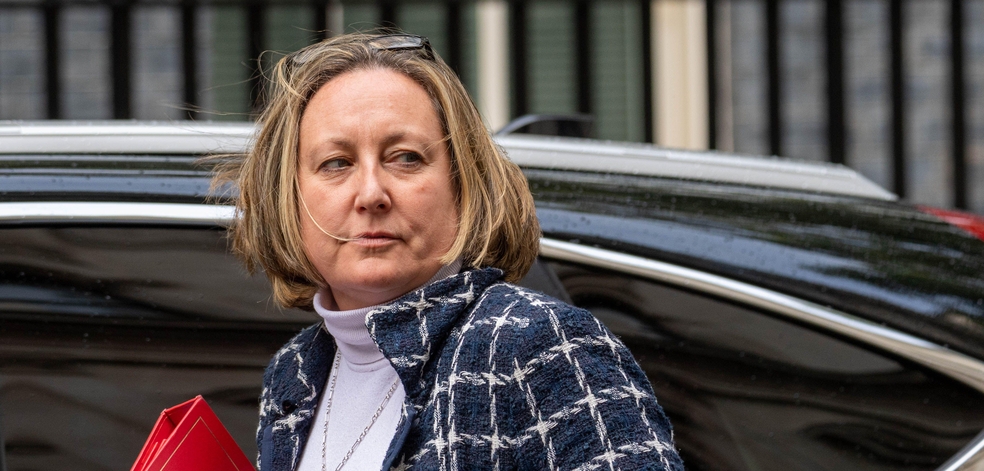What is the BBC TV Licence?
The BBC television licence fee was introduced in 1946, at a time when the Corporation was the only TV broadcaster in the United Kingdom. At the time, a compulsory licence fee was considered a logical way for people to access the BBC’s services.
Seventy five years later, and with the broadcasting landscape overrun with satellite channels, websites and streaming services, more questions are being raised than ever, about the continuing existence of the BBC’s compulsory licence fee.
As of April 2021, an annual BBC TV licence fee cost £159 per household. The tax raised a total of £3.52 Billion. All revenue collected through ‘TV Licensing’ is first paid into the Government’s Consolidated Fund, with over 90% typically then passed back to the BBC as a grant.
The Government is committed to retaining the licence fee for the remainder of the BBC’s current Royal charter period (until 31 December 2027). Prime Minister, Boris Johnson, has questioned the long term viability of the BBC’s licence arrangements, and there are suggestions that in time the BBC licence fee may be scrapped.


In February, 2020, the government launched a consultation on the decriminalisation of the BBC licence fee. This could potentially see cases of non-compliance move from the criminal justice to a civil enforcement system.

Those calling for the defunding of the BBC, point to how some 200,000 people a year are prosecuted for failing to pay the TV licence, amounting to 10% of all cases in the Magistrates Courts.
The Current System
Who needs a TV licence?
A TV licence is a mandatory requirement for any household in the United Kingdom that watches or records programmes on a TV, computer, or a streaming device as they are being broadcasted (live TV). It is also required to watch the BBC iPlayer.
One TV licence covers all TV sets, computers, laptops, tablets, mobile phones, or any device receiving a TV signal in that household. A television licence is not required in order to just watch DVDs, or archived content on video sharing websites.
Those receiving Pension Credit, registered as blind, or who live in a residential care home, are entitled for a TV licence exemption. The previous provision of a free TV licence for those over 75 was scrapped in August 2020.
Hotels, hostels, campsites and mobile units, all likewise qualify for reduced fees. A single TV licence of £159 will cover 15 accommodation units on a single site. There is then an additional fee of the same amount, for every five extra units.
TV Licence Collection
In 2019/2020 it cost £119.5 million (circa 3.4% of the money raised) to collect the TV licence.
This figure covered the expenditure incurred across call centres, detection teams, over the counter services, postage and administration.
In addition to the information campaigns and postal reminders, officers employed by TV Licencing, visit homes where there is no registered TV licence. On visiting a home, an officer will inspect the main living area to assess whether or not any TV-receiving equipment is in use.
This officer may then complete a short interview, and ask for the occupant’s signature to confirm that the recorded notes are an accurate representation of the discussion.
Fee evasion and prosecution
Failure to possess a TV licence when required can result in a criminal sanction with penalty charges of up to £1,000. Between 2010 and 2018, figures show that on average, 169,000 people per year, were convicted of TV licence evasion.
Opposition to the current BBC TV Licence Fee System
Those opposed to the continued existence of a compulsory BBC licence fee, and who advocate an approach under the ‘defund the BBC’ umbrella tend to focus around the following core arguments:
1. The declining relevance of the BBC
Powered by the growth of internet enabled televisions and faster broadband, the last decade has seen a significant shift in people’s media consumption habits. There has been a notable change in what people are consuming, and from whom.
Online streaming services like Amazon Prime, Disney+, and NetFlix have rapidly gained market share. Those aged between 16 and 24 now increasingly shun the BBC, instead watching a daily average of 73 minutes on YouTube.
The BBC now accounts for just 3 out of every 10 hours that people watch, with some suggesting this may drop to below 2 hours by the end of the decade. In the five months between November 2019 and March 2020, a further 82,000 people decided to opt out of watching television.
In a world overflowing with media options, those opposed to the TV licence fee, argue that it is fundamentally unjust to force all people to now pay for the BBC.
The situation is likened to the equivalent of someone who likes Mars chocolate bars, being legally forced to buy a Cadbury Cream Egg, before they can even consider buying a Mars bar. The requirement to buy a Cream Egg is mandatory, regardless of the level of interest that people have in the Cream Egg.
At its crux, it is maintained that the argument for making the BBC licence fee non compulsory is therefore one about individual choice. People should have the choice as to whether they want to watch the BBC, at what level, and thus whether to pay for it.
2. Not really a public service
Supporters of the BBC Licence Fee, argue that the BBC is a public service.
In the same way that people don’t have the ability to opt out of paying for healthcare or for the roads, simply because they aren’t using them at that point, nor should they be able to opt out from paying for the BBC.
However, those arguing for the defunding of the BBC, and the abolition of the TV licence, take particular issue with this characterisation of the BBC.
Given that the BBC already generates close to £1.5 billion of commercial revenue each year (circa 30% of its total revenue), the BBC is not a public service, but rather a significant commercial entity, and an effective one at that.
Furthermore, people also take issue with how the £1.4 Billion output of BBC1 can be portrayed as a distinct public service. It largely mirrors other commercial propositions. The product contains the same blend of sports coverage, comedy, news, soap operas, and celebrity programmes, that viewer’s access from other major broadcasters such as ITV and Sky.
3. The BBC licence fee is a ‘Poll Tax’
Further criticisms of the current BBC licence fee focus on its nature as a highly regressive tax.
Unlike direct taxation, where levels vary depending on income, the TV licence fee is charged at a flat rate, regardless of a person’s means to pay or personal circumstances. This compulsory flat rate charge of £159 per year is said to place a disproportionately high burden on lower-income households.
The challenges faced by people in affording the BBC’s annual fee are evidenced by the 2016 figures which show that 184,595 people were charged with non payment of the TV licence in a single year. Many of those, end up with a criminal record, and then with additional court fines which place them under an even larger financial burdens.
Campaigners argue that such an approach is a disproportionate response for failing to pay for an entertainment proposition, and that it is simply wrong that up to 90 people per year are imprisoned for their failure to pay a TV bill.
4. The administrative costs of collecting the licence fee
The compulsory nature of the BBC licence fee means that a considerable infrastructure is needed to enforce the payment of £159 by most households.
In 2019/20 these collection costs totaled £119 million, and yet licence evasion had still risen from 5.2% in 2010/11 to 7.25% in 2019/20.
It is argued that none of the draconian policing mechanics would be necessary should be people just be allowed to subscribe to the BBCs output as they do with any other commercial product. In that simple situation, people would only gain access to the BBC when they had paid the bill.
It is argued that the vast sums currently spent on collecting the licence fee, could otherwise be allocated to programme creation and other forms of public service broadcasting
5. Lack of Accountability
It is finally argued that the compulsory nature of the TV licence fee, with guaranteed incomes, means that the BBC is not properly accountable in terms of customer satisfaction for the quality of what it produces.
Critics of the BBC point to how the BBC’s market share has declined considerably in light of challenges from online and streaming platforms, whilst ITV has conversely managed to maintain its market share.
Unlike commercial radio for example, there is very little customer pressure requiring local BBC Radio Stations to boost the quality of their output or expand their listener base.
The case for the BBC TV licence fee
Those who support the BBC’s current broad funding arrangements make a number of alternative points to justify the current regime:
1. Providing Editorial Independence
It is argued that compulsory taxation is a prerequisite for the BBC to maintain its editorial independence. The BBC’s website describes how the licence fee allows the Corporation’s services, “to remain free of advertisements and independent of shareholder and political interest”.
Despite the regular accusations of bias that seem to be directed at the BBC from all sides of the political spectrum, it is claimed that news providers which are free of third-party intervention, are those best placed to deliver the impartial information which is the cornerstone of modern democracy.
All broadcasters in the UK are however mandated by OFCOM to remain political impartial as condition of their ongoing broadcast licence. This is a regulatory requirement, and would continue to be so, however the BBC was funded.
2. As a way of maintaining a national institution
Many supporters of the BBC licence fee present the BBC as a national institution, and one which is very different to other broadcasters. The universally funded licence fee, and the large sums that the tax generates, is presented as integral to the Corporation being able to retain that standing.
Although ITV currently successfully runs its own regional news network, and many local newspapers now operate website video offerings, supporters of the BBC, regularly claim that the licence fee is necessary to protect the provision of local news.
3. An advert free product
A final justification of the BBC licence fee is that it provides people with access to a TV and radio network that is free of advertising.
In 2016, the BBC Director-General Lord Hall vowed that the BBC “will never run adverts” in the UK, as doing so would “harm the country’s broader broadcasting and news ecosystem”.
Historically, this advert free proposition was considered a particularly strong part of the BBC’s public appeal. However with subscription channels such as Sky and Amazon able to run advertising on top of their subscriptions, it appears that public antipathy to advertising may be easing.
The attraction of the BBC as an advert free platform has also diminished in the light of the rise of catch-up and on-demand services, with more and more viewers watching programmes after they have been first broadcast.
Alternative methods of financing the BBC
A range of funding models have been advanced as viable alternatives to the BBC Licence Fee, if the government were to decide it should be scrapped.
- 1. A Subscription Model
A subscription funding model currently seems the most likely successor to the existing licence fee system. This proposal envisions the BBC operating along a similar model to that of the Co-Op or the National Trust, which are essentially owned by their members.
Under a Netflix-style subscription arrangement, consenting BBC viewers would pay a monthly or annual charge for continued use of BBC services.
A primary benefit of this approach is that viewers could choose from several payment grades with varying levels of financial commitment, depending on what they wished to watch.
Online or mobile-only subscriptions, for instance, would likely be cheaper than subscriptions covering all features and add-ons.
2. A Broadcasting Levy
The concept of a broadcasting levy has also been advanced as a method to fund the BBC.
Under this scenario, a monthly levy would simply be placed on every household – whether they own a TV set or not. The charge could likely be added to an existing household bill, such as that for internet connection or electricity supply.
A broadcasting levy would though continue to constitute something of a regressive poll tax, meaning that poorer households would suffer disproportionately. It would also still charge people who otherwise wouldn’t chose to pay to watch the BBC.

According to polls, advertising based funding for the BBC is the method most favoured by the public.
3. Advertising
A further alternative to the licence fee would see the BBC adopt the same advertising model as its mainstream competitors like ITV and Channel 4.
This approach has proven to be the most popular with the public. A YouGov survey from January 2020 found 37% of the wider public wanted the BBC to be funded through advertising, compared to 27% who preferred the licence fee, and 13% who backed a subscription model.
Despite advertising being the most popular option with the public, this approach has received the lowest support from the government, the BBC, and the wider broadcasting industry. It is believed that company’s like ITV oppose the notion of an advertising funded BBC, on grounds that it would increase the level of competition that they themselves would then face in the market.
4. Alternative Public Service Broadcasting Models
Under any proposed reform of the TV licence fee, it is likely that some government or public funding would be made available for public service broadcasting. These funds would likely be ring fenced for particular types of programming, local news, and potentially some aspects of local radio.
By making the funds for public service broadcasting available across the whole media industry, rather than simply centralising them in one institution, it is argued that niche broadcasting needs may be better served.
For example, in 2019, a protest led by the language campaign group Cymdeithasyr Iaith Gymraeg (Welsh Language Society) saw around 80 Welsh residents refusing to pay the BBC TV licence on the grounds of a perceived underrepresentation of Welsh culture and language on BBC channels.
Quotes
“You have to ask yourself whether that approach to funding a media company still makes sense in the long term given the way that other organisations manage to fund themselves.” …”The system of funding out of what is a general tax bears reflection. How long can you justify a system whereby everybody who has a TV has to pay to fund a particular set of TV and radio channels.” – Boris Johnson, 2019
“No other brand resonates around the world like the BBC. The BBC is a great national asset; a diminished BBC is a weakened United Kingdom.” – BBC Chairman, Sir David Clementi, commenting on prospective reforms to the TV licence and its likely impacts on the future of the BBC, 2020
“When you can stream a library of millions of shows on a laptop or tablet, it feels a bit backwards to sit down and subject yourself to a TV schedule which someone else has decided for you […] When people my age want to watch quality shows, we fire up Netflix, home to Narcos and Stranger Things, check out Amazon Prime’s catalogue of original series or flick on reality-TV service Hayu for a dose of the Kardashians. With these streaming sites, you’ve got a vast catalogue of high-quality original entertainment at the touch of a button, produced and uploaded faster than anyone could possibly watch it”, George Harrison, 21, The Sun, 2018
“The BBC funding model needs to be pulled into the 21st century. The UK has a long history of successful mutuals and co-operatives that are popular with their members. Such an ownership model for the BBC would be fit-for-purpose in the modern broadcasting world, detach the BBC from the state, and promote real diversity of corporate structures in the world of media. – Professor Phillip Booth, Senior Academic Fellow at the Institute of Economic Affairs, 2019

